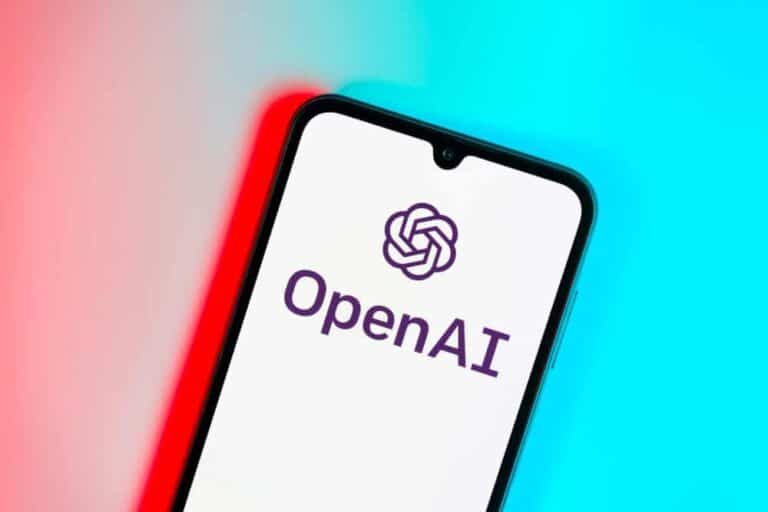OpenAI is expanding the capabilities of the Codex software engineering agent it launched last month. It has also broadened the agent’s availability to users.
More tools have also been made available to voice agent developers via the OpenAI Agents software development kit.
Codex was introduced in ChatGPT in May, but was initially only available to Enterprise subscribers. The tool, accessible via a sidebar in the ChatGPT interface, is designed to help developers write code and fix bugs.
OpenAI trained Codex on dozens of realistic programming tasks in various software environments. It can both generate new code based on the user’s prompt and answer questions about existing code. Responses take about 30 seconds to a minute, depending on the complexity of the prompt.
With today’s update, ChatGPT Plus users will also have access to Codex. They will receive generous usage limits for a limited period of time. However, restrictions may apply during peak hours.
Codex gets access to the internet
According to a message from OpenAI, Codex can now connect to the internet to install dependencies, run tests that require external sources, upgrade packages, and perform other tasks that require an internet connection. However, internet access is disabled by default and must be enabled manually for specific environments. Users can determine which domains are granted access. This feature will first be available to ChatGPT Plus, Pro, and Teams users, and will later be rolled out to Enterprise users.
There are several other updates. For example, Codex can now update pull requests when performing follow-up tasks, and users can dictate tasks instead of typing them.
In addition, support has been added for binary files when applying patches, error messages for installation scripts have been improved, the limit for task differences has been increased from 1 to 5 megabytes, and the maximum duration of installation scripts has been extended from five to ten minutes.
No 2FA requirement for SSO
OpenAI has also re-enabled live activities for iOS users of Codex after resolving an issue with missed notifications. In addition, the requirement for two-factor authentication has been removed for users with single sign-on or social logins.
For voice agent developers, it’s good news that the OpenAI Agents SDK now supports TypeScript, with features such as security measures, transfers, tracing, and the Model Context Protocol, which provides a standardized way for agents to use external software tools such as browsers. The Agents SDK was launched in March and provides tools to integrate AI models and agents with internal systems.
Other updates to the Agents SDK include support for human-assisted approvals, allowing developers to pause tool executions, save agent statuses, and approve or reject specific calls. The Traces dashboard now supports real-time API sessions, making it easier to visualize voice agent runs.
Finally, an updated speech-to-speech model is available in the SDK, with improved instruction following, interruption behavior, and consistent use of tools. Developers can also control how fast the voice speaks.
